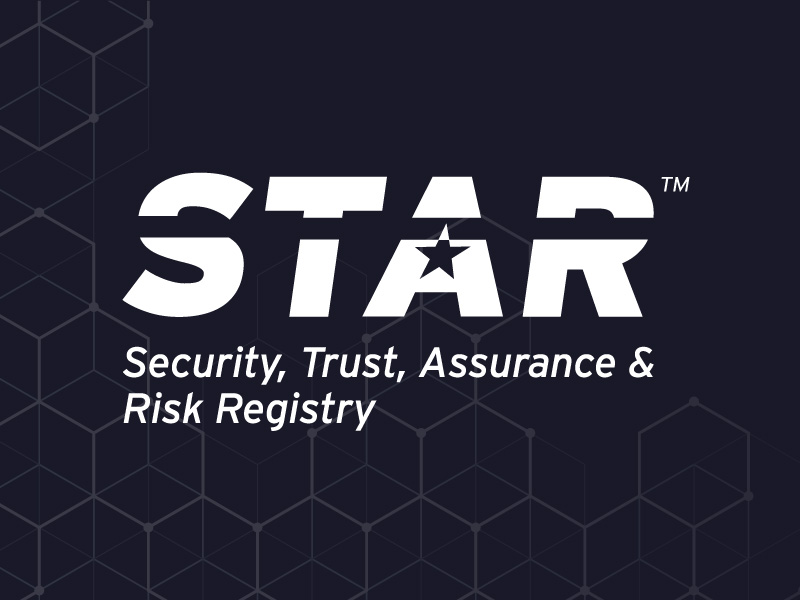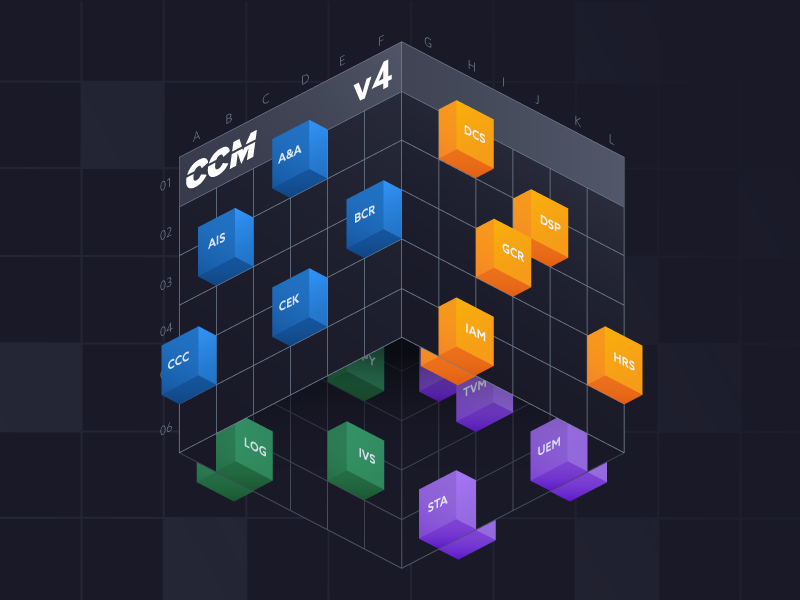Privacy Isn't Just About Data: It's About Dignity
Published 04/02/2024
Written by Dr. Chantal Spleiss, CSA AI Governance and Compliance Working Group Co-Chair.
The consequences of a privacy breach extend far beyond data loss, potentially triggering deep feelings of shame. Less than 15% of countries do not have or are drafting a privacy law emphasizing the huge importance of privacy. These could be the consequences for an individual if privacy is breached:
- Identity Theft to engage in illegal activities under your name.
- Financial Loss due to fraudulent transactions or damage to the credit score.
- Physical Harm, Harassment, or Stalking can result from the ability to track an individual’s location.
- Discrimination due to religious beliefs, sexual orientation, or other personal attributes or habits.
- Blackmail and Extortion using private or confidential information.
- Reputation Damage through embarrassing material.
- Emotional Distress can result if sensitive or intimate information is exposed without consent. Individuals may feel vulnerable, insecure, anxious about any of the consequences above, and helpless.
Data privacy is one of the most challenging issues in big data. It demands a substantial amount of funds and resources to protect privacy and is a major roadblock to analyzing medical data that could propel research forward and uncover patterns. Emotional distress is often underestimated, but a privacy breach taps into one of the most powerful emotions: shame.
Understanding the two flavors of shame:
- Social shame is the fear of being negatively judged by others. It is an important factor in stabilizing groups and communities: if social norms or expectations are violated, individuals are motivated to conform to standards by feeling ashamed. This increases cohesion within the group and was crucial for survival in ancient times. In a privacy breach, this could come from having private information that doesn't align with social norms exposed.
- Moral shame is a deep feeling of personal failure when our internal values are compromised. Individuals may perceive themselves as morally flawed or unworthy due to their perceived moral transgressions, leading to feelings of guilt, remorse, or regret. A privacy breach could lead to moral shame if, for example, our efforts to keep something secret are thwarted, making us feel a lack of control over our own lives.
A privacy breach likely serves both flavors of shame by not only exposing any violations of social norms but also by demonstrating that a certain individual’s best effort to entrust their secrets failed, undermining their ethical values of trust, fairness, honesty, and integrity combined with explicit helplessness emphasizing guilt and possibly regret (to use a certain platform).
The risk of shame drives the necessity of strong privacy laws and adequate cybersecurity practices overseen at the board level! Shame resulting from uncontrolled, unconsented exposure of personal information explains why privacy laws are so strictly regulated and also mostly obeyed: everybody has a secret that might insult social norms or personal morals. What is your secret?
Protect your dignity and take control of your privacy: think carefully about what you share online, understand your privacy rights, and support initiatives that fight for stronger data protection.
Unlock Cloud Security Insights
Subscribe to our newsletter for the latest expert trends and updates
Related Articles:
Core Collapse
Published: 02/26/2026
Agentic AI and the New Reality of Financial Security
Published: 02/26/2026
AI Security: When Authorization Outlives Intent
Published: 02/25/2026
The Visibility Gap in Autonomous AI Agents
Published: 02/24/2026





.png)
.jpeg)


